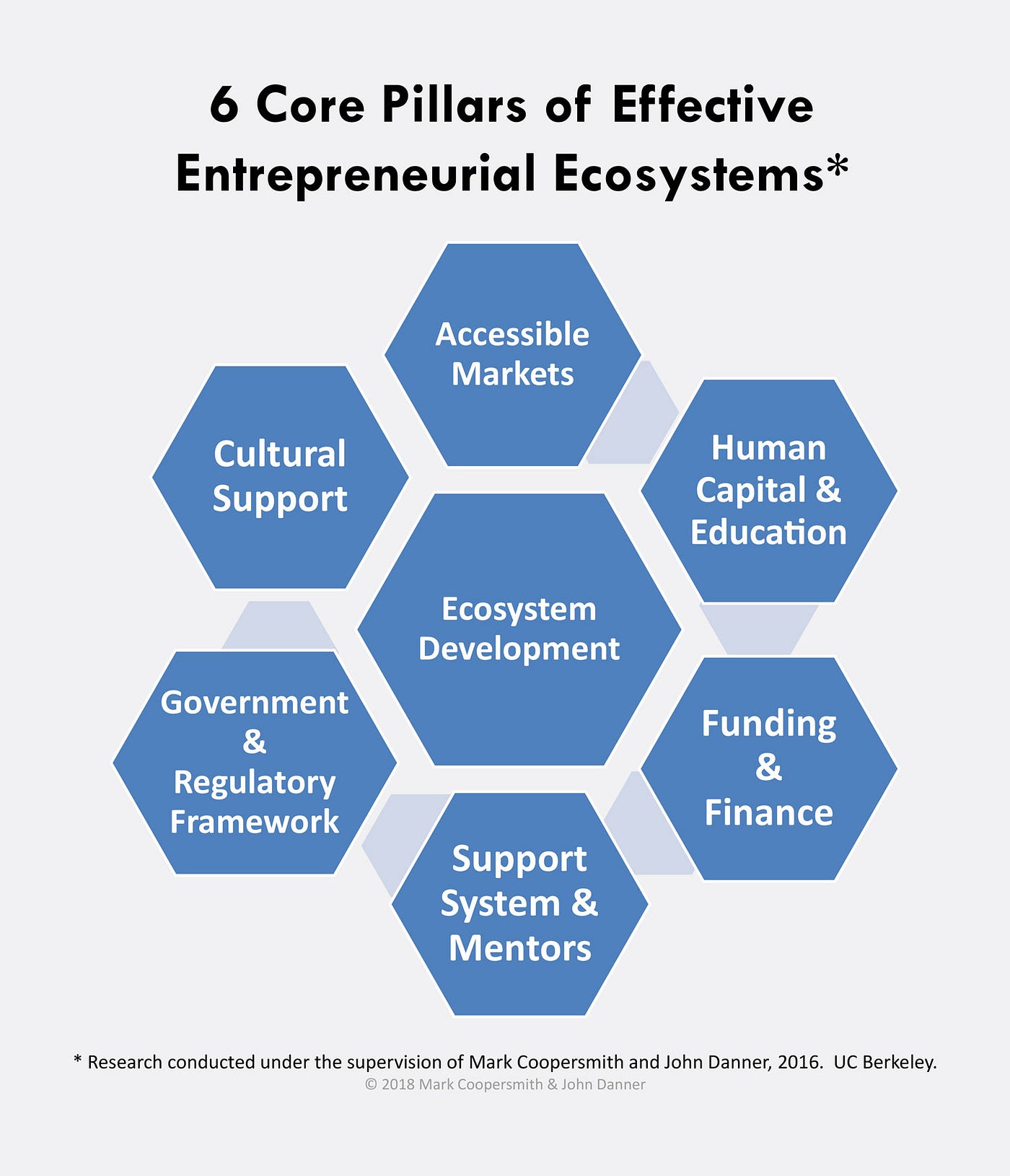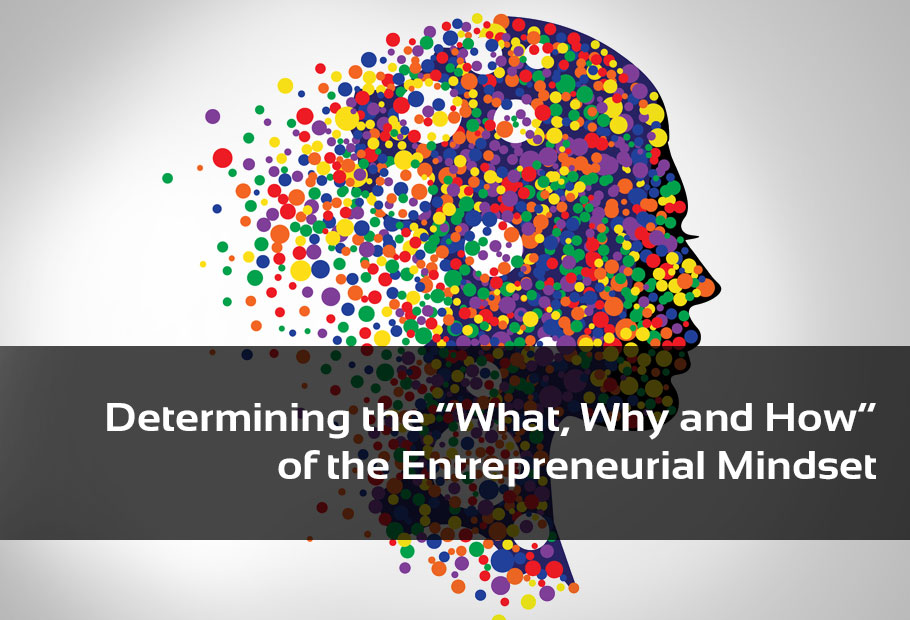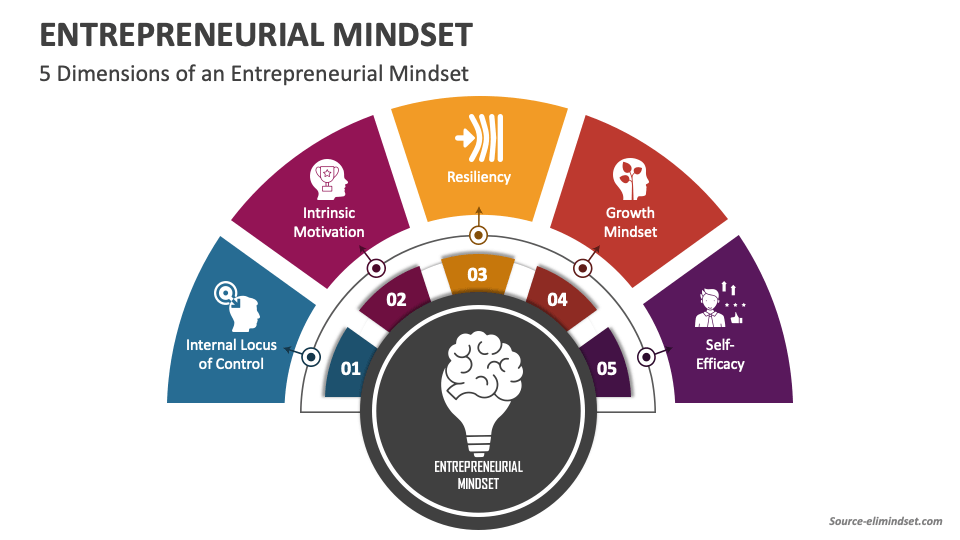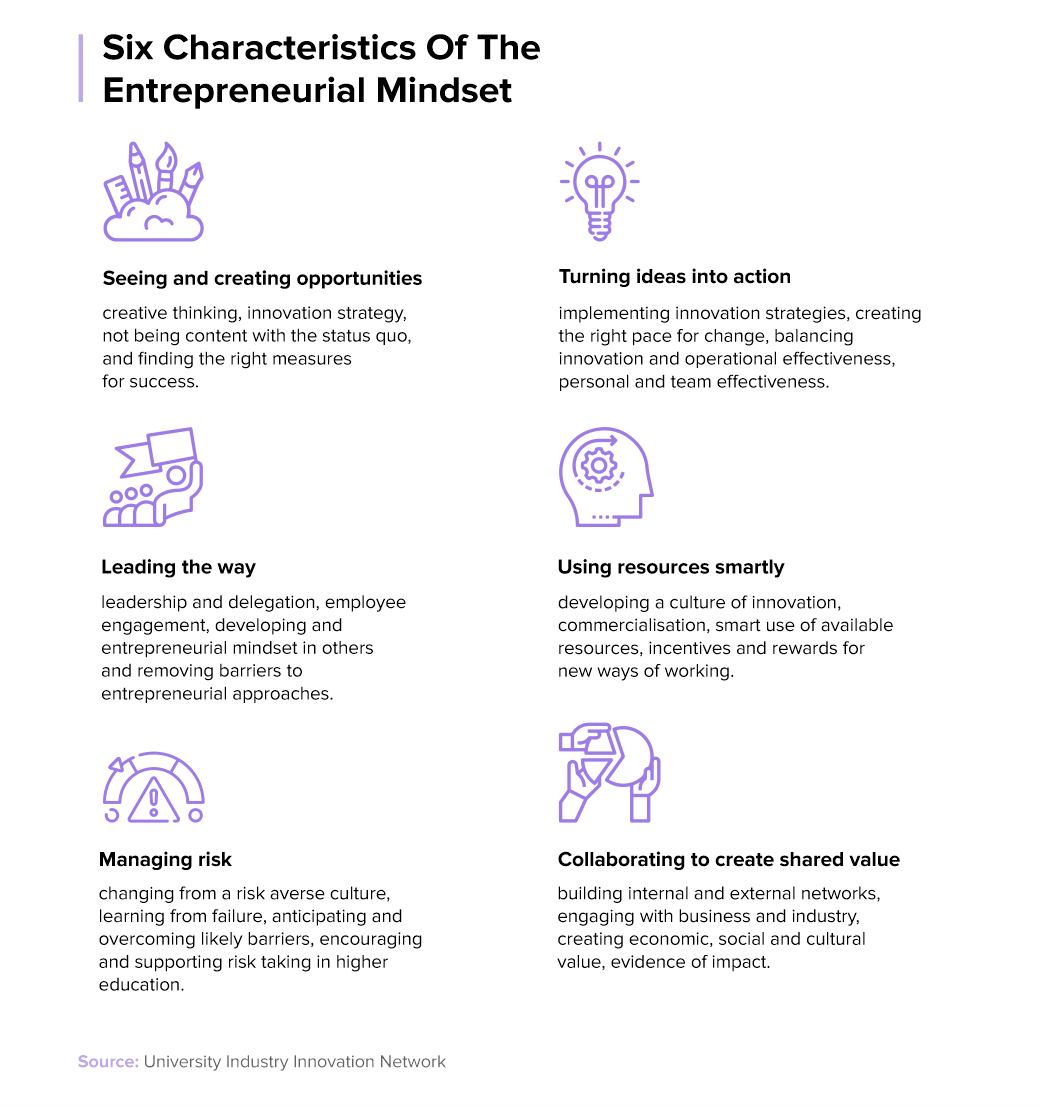What Is An Entrepreneurial Mindset

In today's rapidly evolving global landscape, the term "entrepreneur" evokes images of tech startups and disruptive innovators. However, the core essence of entrepreneurship extends far beyond launching a business. It embodies a specific mindset – a way of thinking and acting that is increasingly valued across various sectors, from established corporations to non-profit organizations.
The entrepreneurial mindset is more than just a set of skills. It's a potent combination of resourcefulness, adaptability, and relentless pursuit of opportunities, driving individuals to create value and solve problems in innovative ways. This article will explore the multifaceted nature of the entrepreneurial mindset, dissecting its key characteristics and examining its growing significance in today's dynamic world.
Defining the Entrepreneurial Mindset
At its heart, the entrepreneurial mindset is a psychological disposition characterized by a proactive and opportunity-driven approach. It's about seeing possibilities where others see roadblocks. It involves a readiness to embrace challenges and a strong belief in one's ability to influence outcomes.
Key characteristics include:
Opportunity Recognition and Creation
Entrepreneurs excel at identifying unmet needs and emerging trends. They don't simply accept the status quo but actively seek out gaps in the market or inefficiencies in existing systems.
According to a report by the Global Entrepreneurship Monitor (GEM), a significant driver of entrepreneurial activity is the perception of good opportunities in the local market. This proactive search can lead to the development of novel products, services, or business models.
Risk Assessment and Calculated Risk-Taking
The entrepreneurial mindset isn't about reckless gambling. It's about carefully evaluating potential risks and rewards, then making informed decisions. Entrepreneurs understand that innovation often requires venturing into the unknown.
They embrace failure as a learning opportunity. They are resilient and willing to iterate based on feedback and experience. A study by Harvard Business School found that successful entrepreneurs often view setbacks as valuable lessons that contribute to future success.
Resourcefulness and Adaptability
Entrepreneurs are masters of making the most of limited resources. They are resourceful in finding creative solutions to problems. They are adaptable in adjusting their strategies as circumstances change.
This often involves leveraging networks, bootstrapping operations, and thinking outside the box to overcome obstacles.
"It's not about having all the resources, it's about being resourceful with what you have,"says Sara Blakely, founder of Spanx, a testament to the power of resourcefulness in entrepreneurship.
Innovation and Creativity
Innovation is the lifeblood of the entrepreneurial mindset. It's about generating new ideas and finding novel ways to solve problems or create value.
This can range from developing groundbreaking technologies to implementing incremental improvements in existing processes. Creativity is fostered through experimentation, brainstorming, and a willingness to challenge conventional wisdom.
Persistence and Resilience
The entrepreneurial journey is rarely a smooth one. Setbacks and challenges are inevitable. Persistence and resilience are crucial for overcoming obstacles and staying committed to long-term goals.
Entrepreneurs understand that failure is not the opposite of success, but a stepping stone towards it. They possess the grit to persevere even when faced with adversity.
The Broader Significance
The value of the entrepreneurial mindset extends far beyond the realm of startups. In today's rapidly changing world, these qualities are increasingly sought after by organizations of all sizes.
Companies are looking for employees who can think creatively, solve problems effectively, and adapt quickly to new challenges. The entrepreneurial mindset is now seen as a valuable asset in driving innovation, improving efficiency, and fostering a culture of continuous improvement.
Furthermore, the entrepreneurial mindset can be applied to various aspects of life, from personal development to community engagement. It empowers individuals to take initiative, pursue their passions, and make a positive impact on the world around them.
Cultivating the Entrepreneurial Mindset
The entrepreneurial mindset is not necessarily an innate trait. It can be developed and cultivated through deliberate practice and learning.
Education plays a crucial role in fostering entrepreneurial thinking. Experiential learning programs, mentorship opportunities, and access to resources can help individuals develop the skills and confidence needed to pursue their entrepreneurial aspirations.
Furthermore, cultivating a growth mindset, embracing challenges, and developing a strong sense of self-efficacy are essential for nurturing the entrepreneurial spirit.
Looking Ahead
As the world becomes increasingly complex and uncertain, the entrepreneurial mindset will only become more valuable. The ability to adapt, innovate, and create value in the face of change will be critical for individuals and organizations alike.
By fostering a culture that encourages entrepreneurial thinking, we can empower individuals to unlock their full potential and create a more prosperous and sustainable future.
The future belongs to those who embrace the entrepreneurial mindset – those who are willing to take risks, challenge the status quo, and relentlessly pursue their vision.



![What Is An Entrepreneurial Mindset What is an Entrepreneurial Mindset? [+9 Characteristics of Entrepreneurs]](https://orpical.com/wp-content/uploads/2022/06/entrepreneurial-mindset.jpg)














